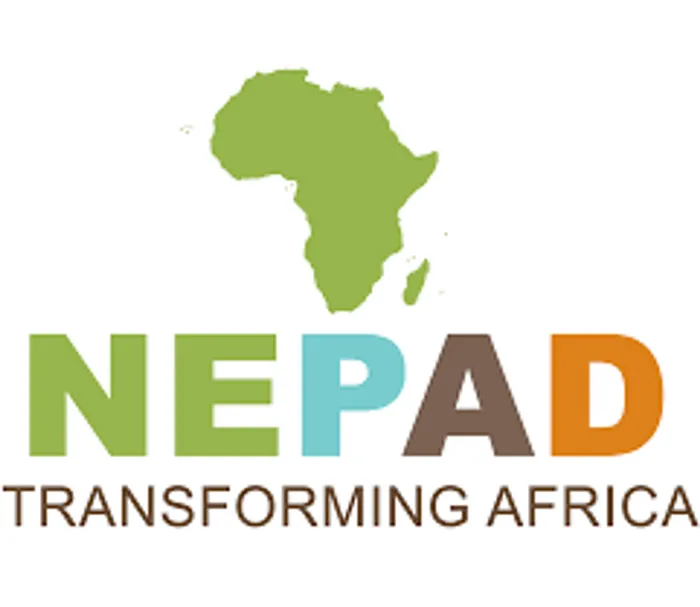Conference aims to boost investment in health

Themed “Sustaining the HIV response through financing and investing in health systems for improved health security on the continent”, the two-day conference under way in Lusaka, Zambia, aims to share best practices and lessons learnt from private sector engagement in health and health financing. Picture: Supplied/NEPAD
WHILE HIV/Aids may no longer be a hot topic in many countries, the aftermath of the horrific events remains a great reminder to the African Leadership Meeting (ALM).
This is why they continue to seek ways of investing in health to improve health systems in Africa.
Themed “Sustaining the HIV response through financing and investing in health systems for improved health security on the continent”, the two-day conference under way in Lusaka, Zambia, aims to share best practices and lessons learnt from private sector engagement in health and health financing.
In February 2019, African leaders adopted a declaration aimed at increasing domestic health financing to strengthen health systems and achieve quality universal health coverage (UHC) in Africa.
The ALM declaration was grounded on the Agenda 2063 and the Africa Health Strategy 2016–2030, which prioritises “sustainable and predictable financing as essential to building viable health systems”.
“The declaration also builds on the Abuja 2001 political commitments by African Union (AU) member states to allocate at least 15% of the national budgets to health,” said AU Development Agency-New Partnership for Africa's Development (Auda-Nepad) communications officer Millicent Kgeledi.
She said that under the ALM declaration, Africa’s heads of state and governments committed to increasing domestic investment in health.
“Heads of state pledged to review progress annually against the benchmarks of the Africa Scorecard on Domestic Financing for Health, to convene African ministers of finance and health every two years to discuss health financing and to review progress against benchmarks, complement the Africa scorecard with a domestic health financing ‘Tracker’ that will guide health financing reforms and track country progress in implementing these enablers and, establish regional health financing hubs in each of Africa’s five regions to facilitate peer-to-peer learning by providing practical and technical expertise to support countries to implement these reforms and to co-ordinate alignment of partner efforts to Africa’s priorities,” Kgeledi said.
They also aimed to “attract further private capital into the health sector by creating conducive investment climates and increase member state stewardship of private sector support so that such efforts strengthen public health systems and expand access to health services”.
Conference delegates were drawn from Auda-Nepad and the AU Commission, regional economic communities, member states' ministries responsible for health financing and private sector investment in health, private sector bodies, donors and development partners, and experts in private sector investment and health financing.
Related Topics: